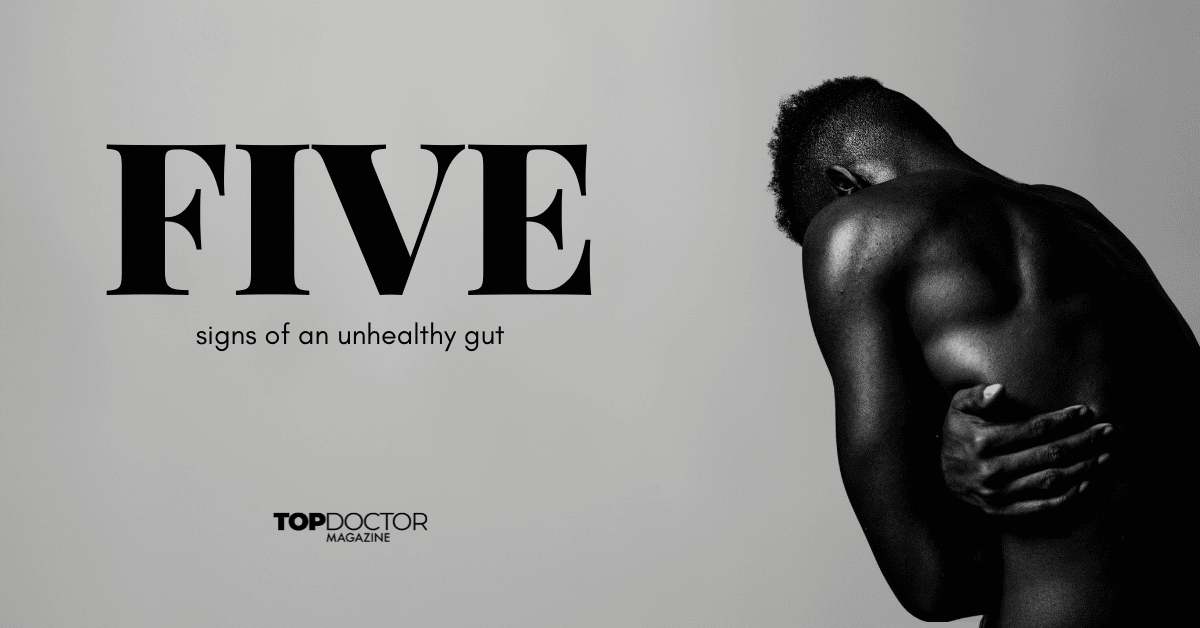
The importance of getting enough sleep and maintaining a consistent sleep schedule is no secret. Doctors, professors and parents all make a point of encouraging more sleep, particularly among the younger generations who tend to trade hours of sleep for completing homework, going out with friends or watching TV.
Despite regular reminders to sleep from all corners of society, Americans have been getting increasingly less shut-eye over the last few decades.
However, it’s a new year, and with another year comes the opportunity to make newer and better resolutions, with sleeping more among them. Even better, ensuring adequate sleep might also help one achieve another New Year’s resolution: reaching fitness goals.
As with many other areas of life, many studies show varied and significant benefits on fitness from sleeping the recommended amount (7-9 hours a night for the average adult). Conversely, failing to sleep enough may inhibit athletic goals, even if those lost hours of sleep are used to wake up and hit the gym.
Adverse Side Effects of Sleep Deprivation
On Weight Loss
Although scientists are still trying to establish the nature of the connection between sleep and weight, many studies strongly support that such a connection exists. Studies indicate a connection between insufficient sleep and metabolic disorders, weight gain and even obesity.
For those beginning a weight loss journey, ensuring time for those recommended 7-9 hours is imperative. This is because a body suffering sleep deprivation must compensate by redistributing energy usage. One study indicated that, for overweight individuals trying to lose weight, sleep loss negatively affected the amount of weight lost as fat by as much as 55%.
On Eating Habits
The human body’s mechanism for jumpstarting feelings of hunger to ensure sufficient nourishment is slightly more complicated than it seems. Rather than stomach pains and growling being a response to lack of food, these functions are controlled by two neurotransmitters: ghrelin (which causes feelings of hunger) and leptin (which causes the person to feel full).
Not only have studies shown that a lack of sleep leads to decreased leptin and increased ghrelin, but people who are low on sleep tend to choose particularly unhealthy snacks high in calories and carbohydrates.
On Athletic Performance
Sleep deprivation is especially detrimental for athletes functioning at the highest levels of competition. The consequences of failing to get enough sleep on competitive athletes are exceptionally well documented, serving as the main focus of various studies from 1983 to 2017. These studies analyzed men and women, swimmers and weightlifters, cyclers, tennis players, volleyball players and more. Although the type and severity of effects varied depending on the demographic, the general takeaway was the same: reaction, strength, endurance and accuracy suffer whenever sleep does.

Positive Effects of Increasing Sleep
On Reaction Time
Reaction time is defined as the amount of time it takes for a person to respond to an external stimulus. Failing to sleep the recommended amount can drastically increase reaction time. For example, one night without sleep or severe continual sleep deprivation can lengthen reaction time by 300%. Increasing sleep can shorten reaction times, making one a more alert coworker, nimbler teammate and safer driver.
On Muscle Health
For those who regularly lift weights as a part of their exercise regimen, sleep is essential for healing all of those micro-tears that lead to muscle growth. A growth hormone secreted during deep sleep helps to increase muscle mass.
However, protecting stage three of non-REM sleep isn’t only for weightlifters. Sleep also promotes muscle coordination through accuracy and speed.
On Athletic Performance
Over time, studies with participants from many walks of life, from elite female netball athletes to healthy men in their 30s, have established the importance of regular and sufficient sleep for those involved in athletics. Some studies requested that participants institute naps, while others ensure nine hours of sleep a night. However, they all found significant athletic improvements: heightened alertness, increased speed and greater accuracy, to name a few.
A Parting Reminder
Everyone with fitness goals can benefit from instituting and protecting healthy sleep habits. Sometimes, as hard as it is to believe, you really should skip the gym and sleep in.






0 Comments